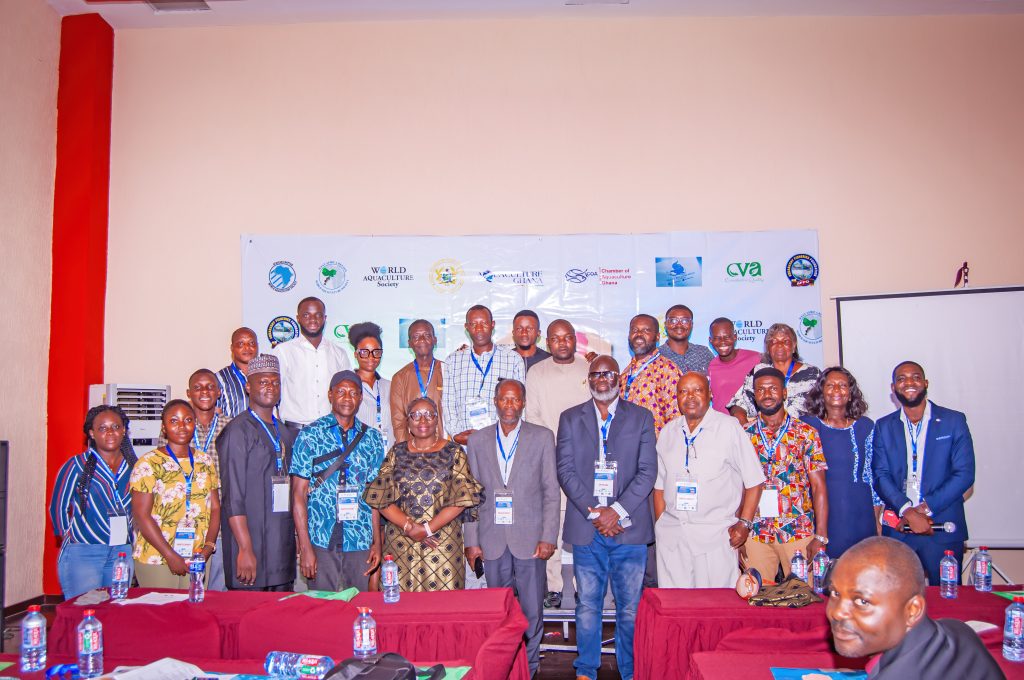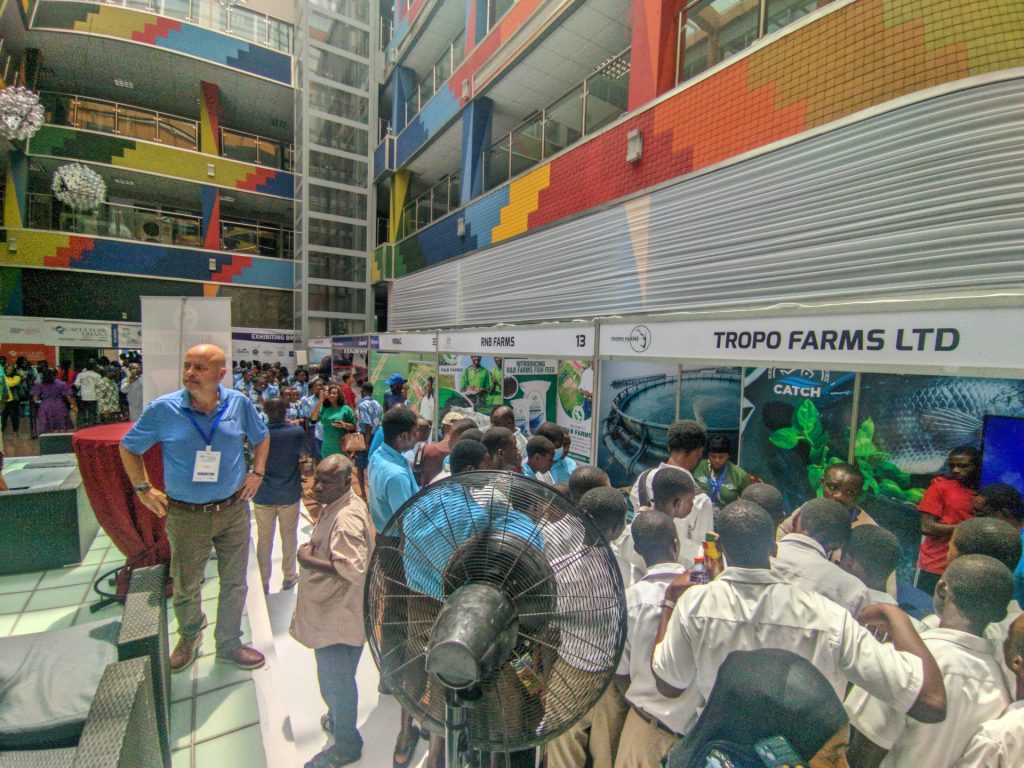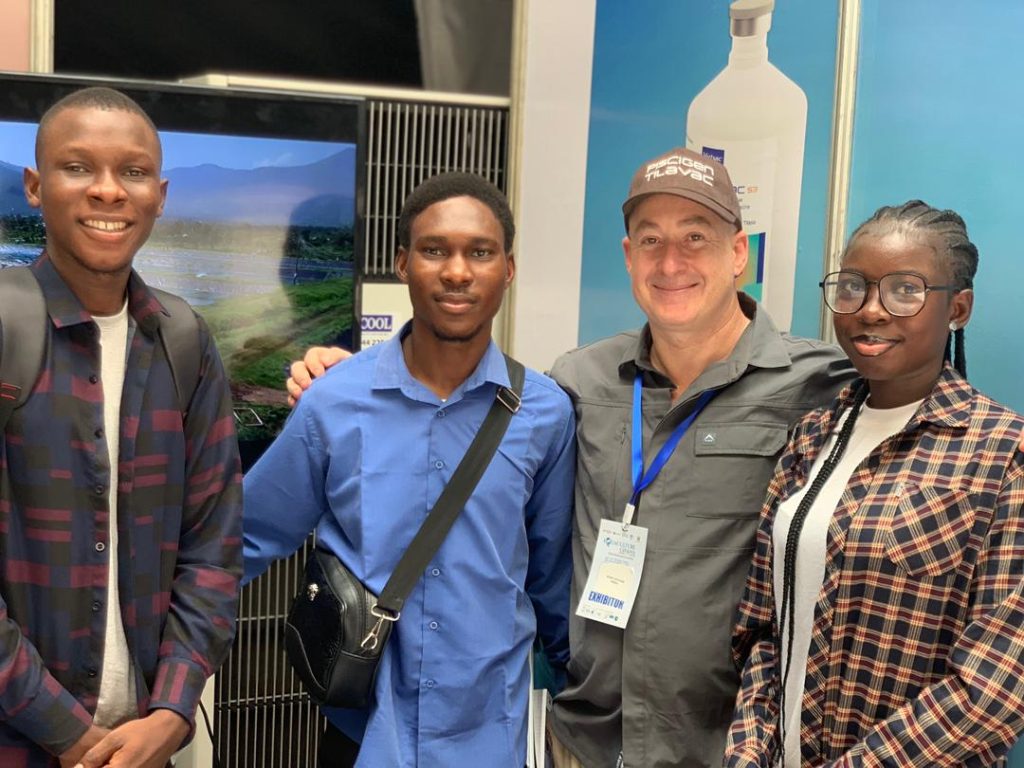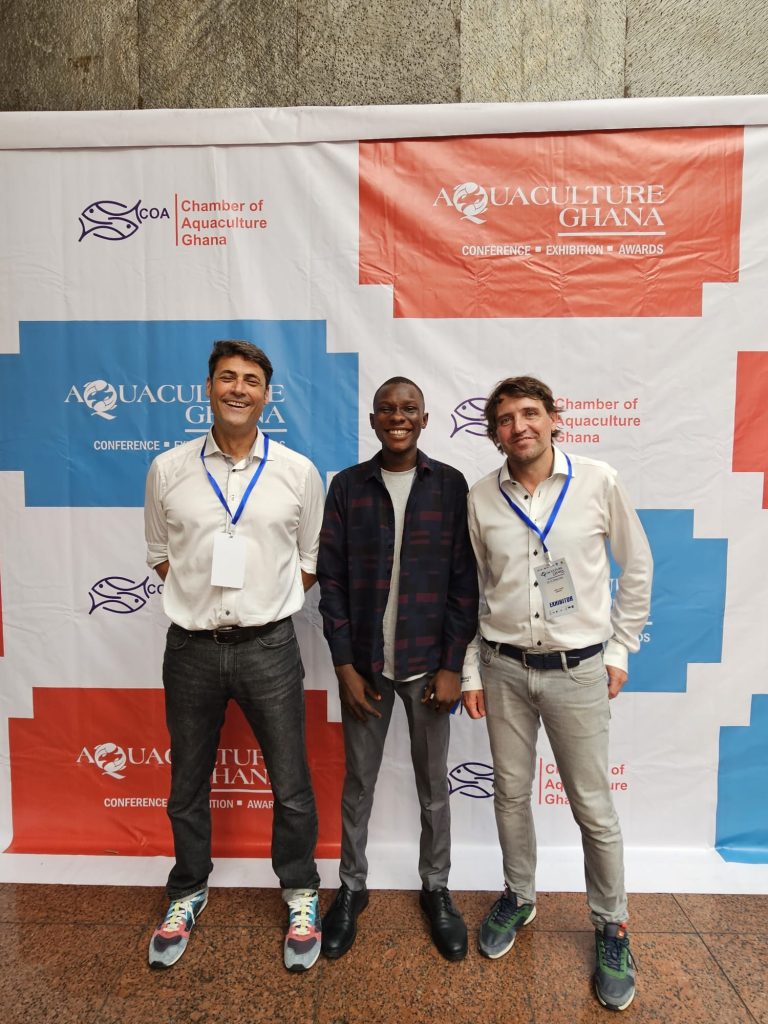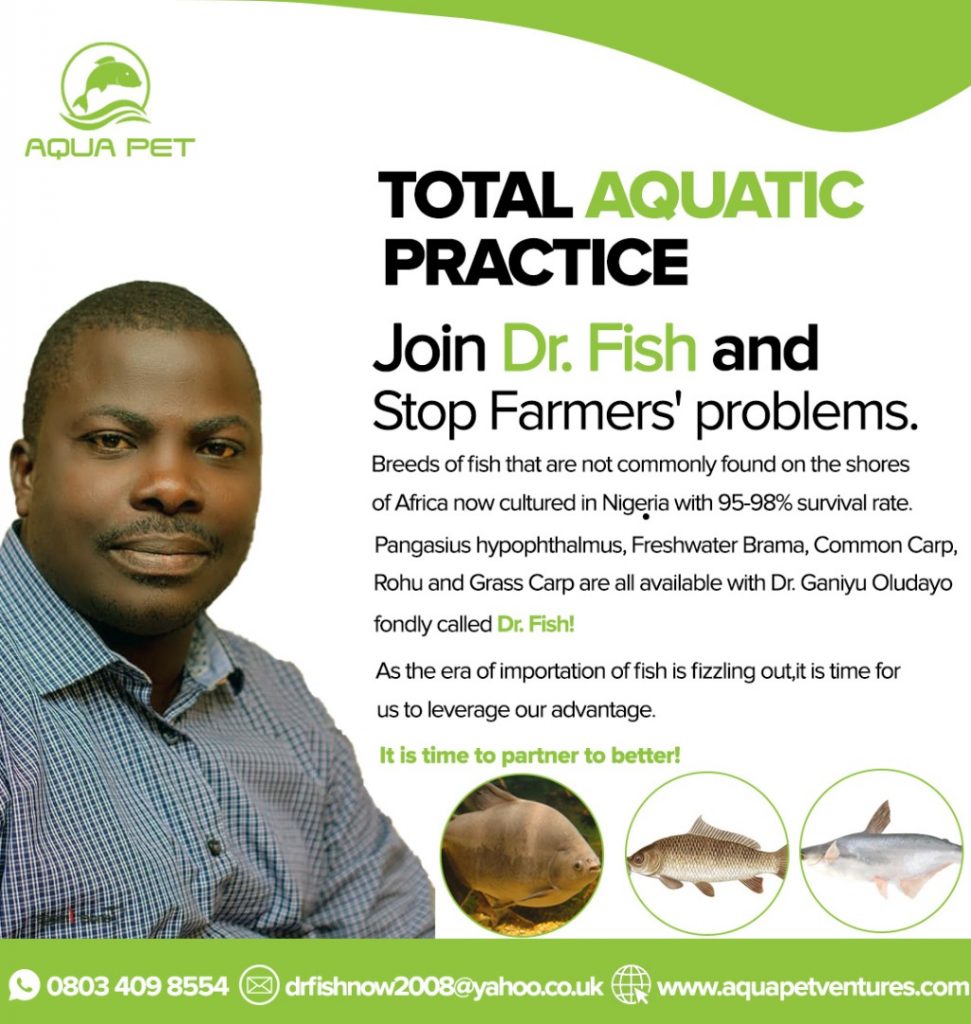
The demand for fish in Nigeria is growing at an unprecedented rate, fueled by the nation’s expanding population and an increasing awareness of the health benefits of fish consumption. However, for years, Nigeria has relied heavily on imported frozen fish to bridge the gap between local supply and demand. This dependence on fish importation has come at a significant economic cost, especially in recent times with rising foreign exchange (forex) rates that have driven up the cost of imported fish, making it less accessible to many Nigerians. The strain on household budgets and the broader economy is clear, highlighting the urgent need for a sustainable, local solution.
At Aquapet Ventures, we are proud to present an innovative approach to addressing this challenge with the introduction of Pangasius as one of the new exotic species in Nigeria’s aquaculture sector. Our solution aims to boost local fish production and reduce the country’s reliance on costly imports, helping to make high-quality fish affordable for Nigerian consumers.
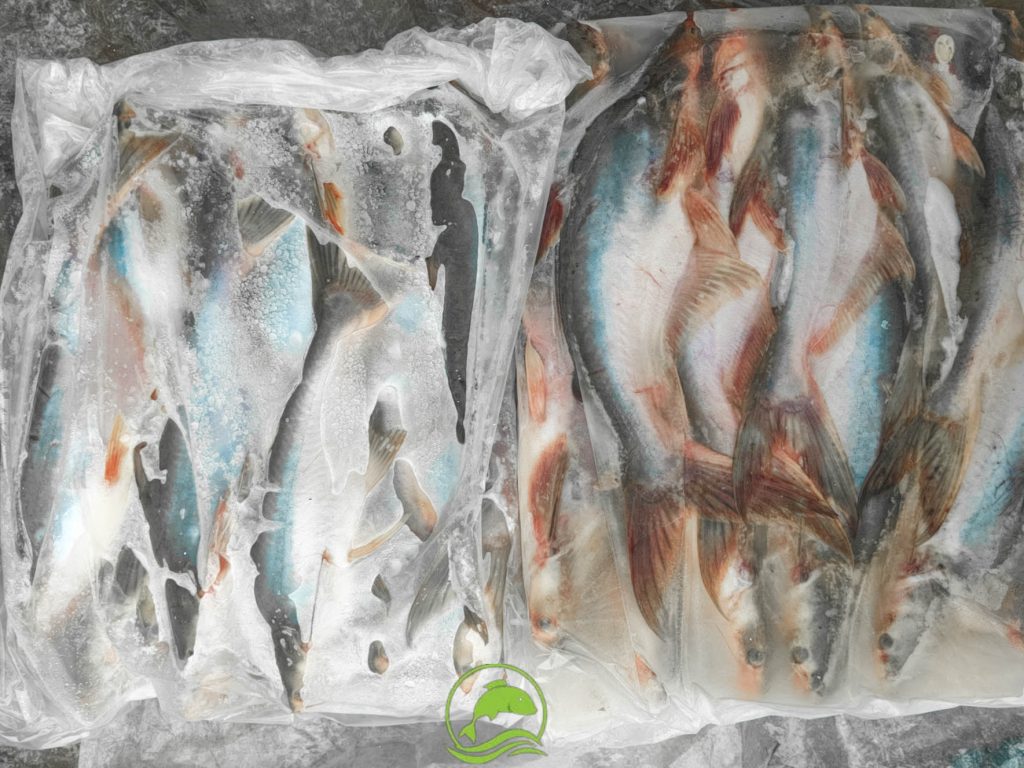
The Pangasius Advantage: Why This Species is a Game Changer
Pangasius, a freshwater fish species with origins in Southeast Asia, has proven to be a perfect candidate for Nigeria’s aquaculture landscape. It offers numerous advantages that make it an ideal option for local fish farmers and consumers alike. Some of its key benefits include:
- Cost-Effective Production: Pangasius is a highly efficient species to farm. Its low-cost production is attributed to its ability to grow rapidly in various culture systems, requiring less feed compared to many other fish species cultured in Nigeria. This translates into a more affordable end product for consumers.
- Adaptability and Resilience: One of Pangasius’ greatest strengths is its adaptability to different environmental conditions. It thrives in a range of culture mediums, from earthen ponds to tanks, making it accessible to fish farmers across Nigeria, regardless of their farm’s infrastructure.
- Disease Resistance: Pangasius is naturally resistant to many common fish diseases, which means lower mortality rates for fish farmers and reduced need for expensive treatments. This not only increases production efficiency but also ensures a more reliable supply of healthy fish to the market.
- Versatile Processing Options: Pangasius is highly versatile in its processing options, making it a valuable species for Nigeria’s fish processing industry. It can be processed into frozen fish products or oven-dried in various forms, including chunks or folded pieces, catering to the diverse preferences of Nigerian consumers.
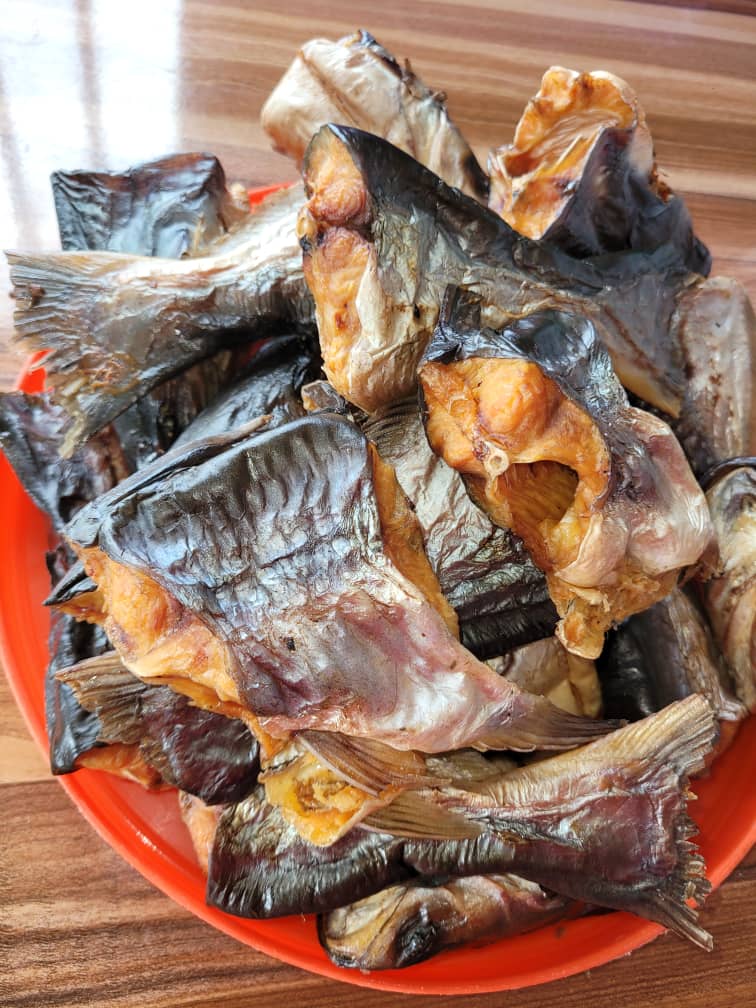

At Aquapet Ventures, we understand that sustainable fish production begins with access to high-quality seedlings. That’s why we have invested heavily in the breeding of Pangasius, ensuring that Nigerian fish farmers can reliably access the seedlings they need to start or expand their operations.
Through our advanced breeding programs and cutting-edge technology, we guarantee a constant, year-round supply of Pangasius juveniles. This ensures that fish farmers across the country can depend on a steady influx of healthy, fast-growing stock, which is critical to meeting the growing demand for affordable fish in the market.
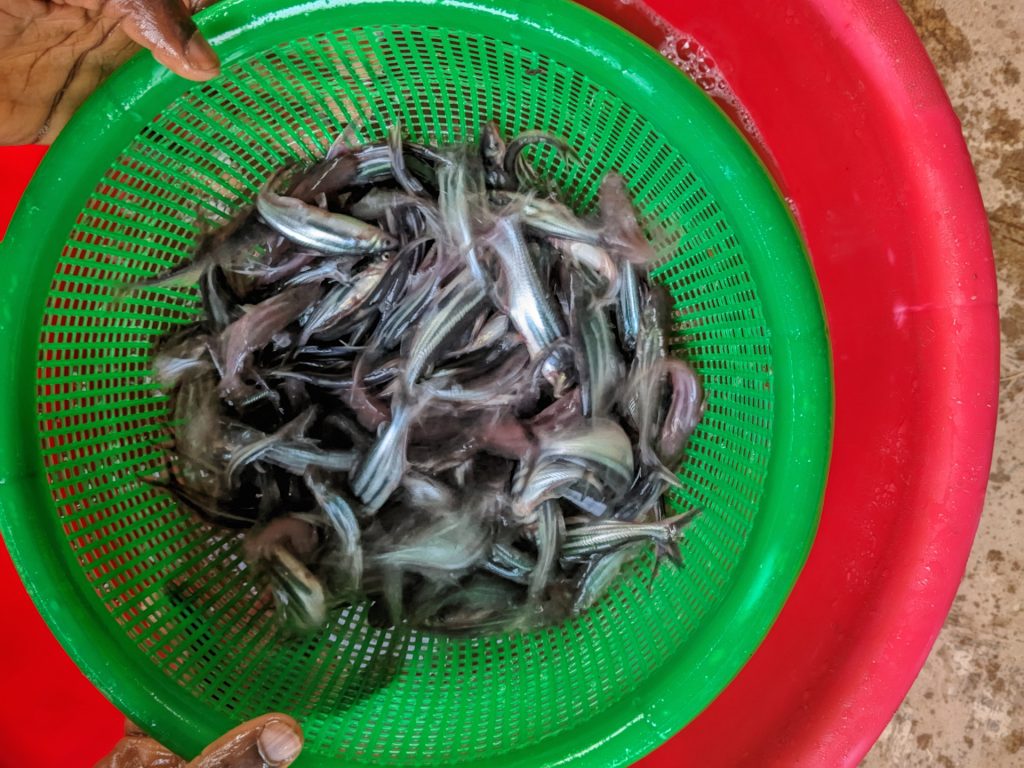
We also work closely with farmers to share best practices in Pangasius farming, ensuring that they can maximize the productivity of their operations. Our commitment extends beyond merely providing seedlings; we are dedicated to supporting Nigeria’s entire aquaculture ecosystem, empowering farmers to thrive and contribute to the nation’s food security.
The development of Pangasius as a key species in Nigeria’s aquaculture sector is part of our broader vision: to make Nigeria self-sufficient in fish production. By reducing the country’s reliance on fish imports, we can help stabilize the local fish market, make nutritious fish more affordable for Nigerian families, and contribute to the overall health of the economy.
Our efforts are aligned with the government’s vision for food security and economic growth. We believe that with the right investments in aquaculture, Nigeria can become a regional leader in fish production, not only meeting local demand but also exploring export opportunities.
At Aquapet Ventures, our commitment to revolutionizing Nigeria’s aquaculture industry goes hand in hand with our dedication to achieving the United Nations Sustainable Development Goals (SDGs). As a key player in Nigeria’s fish farming sector, we recognize the importance of contributing to global efforts to ensure sustainable food production, economic growth, and environmental stewardship.

Our work with Pangasius farming directly supports several SDG goals:
- SDG 2: Zero Hunger
By increasing local fish production, we are helping to ensure food security and improve nutrition for Nigerians. Fish, as a nutritious and affordable protein source, plays a critical role in combating hunger and malnutrition, particularly as population growth continues to increase demand. - SDG 8: Decent Work and Economic Growth
Our Pangasius initiative fosters economic empowerment by creating jobs and supporting small-scale fish farmers across the country. Through continuous supply of juveniles, breeding technology, and capacity-building, we are driving inclusive and sustainable economic growth within the aquaculture sector. - SDG 12: Responsible Consumption and Production
By promoting local fish farming, we reduce the environmental and economic impacts associated with the importation of frozen fish. Our approach to fish production emphasizes responsible and efficient use of resources, supporting sustainable consumption and production practices within Nigeria. - SDG 14: Life Below Water
Our focus on Pangasius, a species with low environmental impact, helps ensure sustainable aquaculture practices that protect aquatic ecosystems. By encouraging responsible farming techniques, we are contributing to the conservation of aquatic biodiversity while minimizing overfishing pressures on wild fish populations.
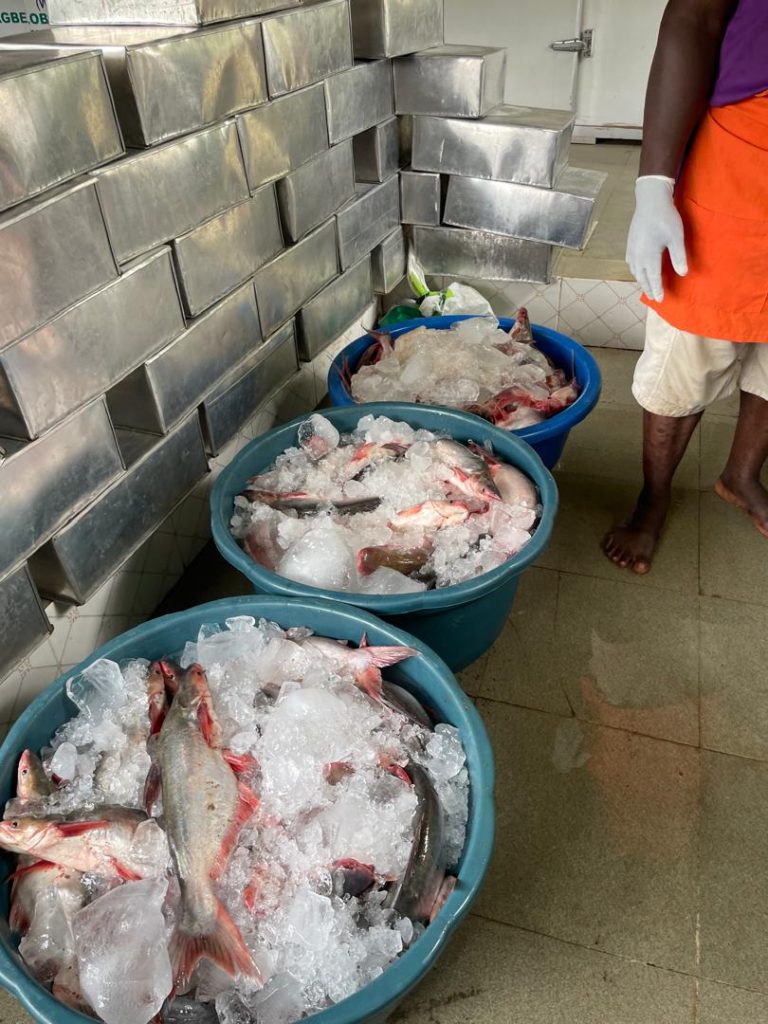
Looking Ahead: A Future of Sustainable Aquaculture
Our company’s commitment to Nigeria’s aquaculture sector goes beyond the present. We are constantly exploring new ways to innovate and strengthen our operations, ensuring that we remain at the forefront of fish species diversification and local production.
As we continue to expand the availability and production of Pangasius and other species, our company remains fully committed to ensuring that our operations are not only profitable but also sustainable and aligned with global development goals. We believe that the future of Nigeria’s fish industry lies in sustainable practices that benefit people, the economy, and the planet.
As we continue to expand the availability of Pangasius and other fish species, we remain focused on our ultimate goal: ensuring that Nigeria’s fish market is sustainable, resilient, and capable of feeding its people. Our efforts are not just about producing fish—they are about driving economic empowerment, improving food security, and fostering a more sustainable future for generations to come.
Together with stakeholders, partners, and local communities, we will continue to drive Nigeria’s aquaculture sector forward—ensuring a sustainable future where our fish markets are filled with locally produced, affordable, and high-quality fish that supports both the environment and the people of Nigeria.
At Aquapet Ventures, we are excited to lead this transformation in Nigeria’s fish production industry.

